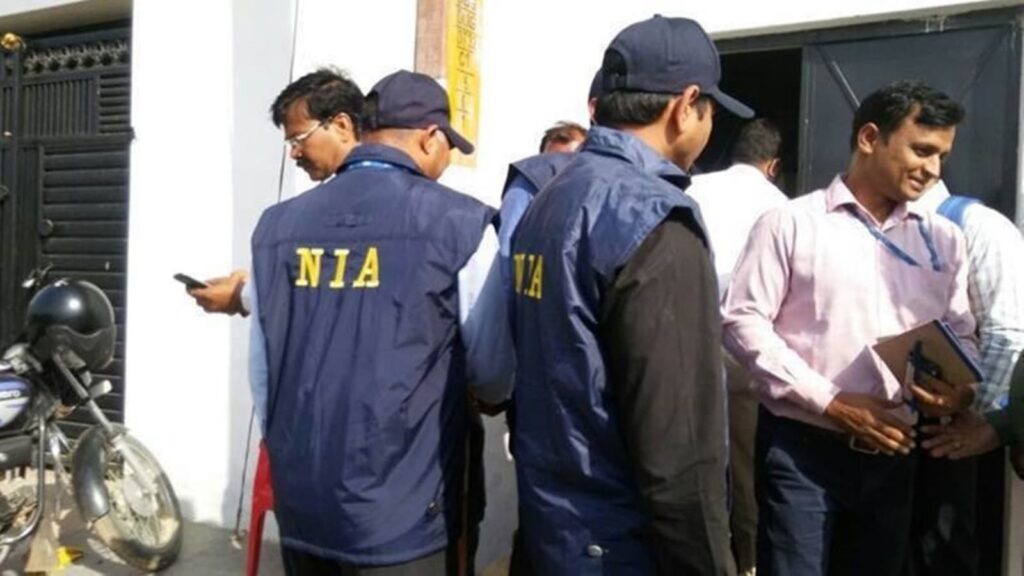A National Investigation Agency (NIA) special court Wednesday sentenced three men to seven years rigorous imprisonment after they pleaded guilty during charge-framing proceedings in connection with the 2020 Bengaluru riots case.
The convicts are Syed Ikramuddin alias Syed Naveed, 44; Syed Asif, 46; and Mohammed Atif, 26, who faced charges under the Indian Penal Code (IPC), the Karnataka Prevention of Destruction and Loss of Property Act (KPDLP), and the Unlawful Activities (Prevention) Act (UAPA).
The case dates back to the mob violence that erupted on August 11, 2020, targeting Pulakeshinagar MLA Akhanda Srinivas Murthy’s residence and police stations in the K G Halli and D J Halli areas. The unrest was triggered by an allegedly provocative social media post attributed to the MLA’s nephew. It resulted in three deaths during police firing and widespread property destruction throughout the locality. The NIA subsequently took over the probe from the local police.
As many as 199 were named accused in the case, of whom 187 were arrested, four surrendered, and one died. The prosecution filed a chargesheet against 138 accused.
NIA investigations revealed critical links between the accused and the now-banned Popular Front of India (PFI) along with its political wing, Social Democratic Party of India (SDPI). The agency claimed that PFI members allegedly orchestrated the violence strategically to inflame communal tensions and destabilise state institutions.
Special Public Prosecutor P Prasanna Kumar, representing the NIA, said, “Police are custodians of law and public order. Attacks against them erode public confidence in their peacekeeping abilities.”
Kumar said the judgment “restores public confidence in police forces while validating the Centre’s decision to designate the PFI as unlawful”.
Story continues below this ad
In 2022, the Centre declared PFI unlawful due to its alleged involvement in serious offences, including terrorism and its financing, targeted killings, and activities deemed prejudicial to the integrity, security, and sovereignty of the country. The ban followed a multi-agency crackdown on the PFI, arrests of several of its leaders, seizure of its accounts, and investigations into alleged terror links and activities.


